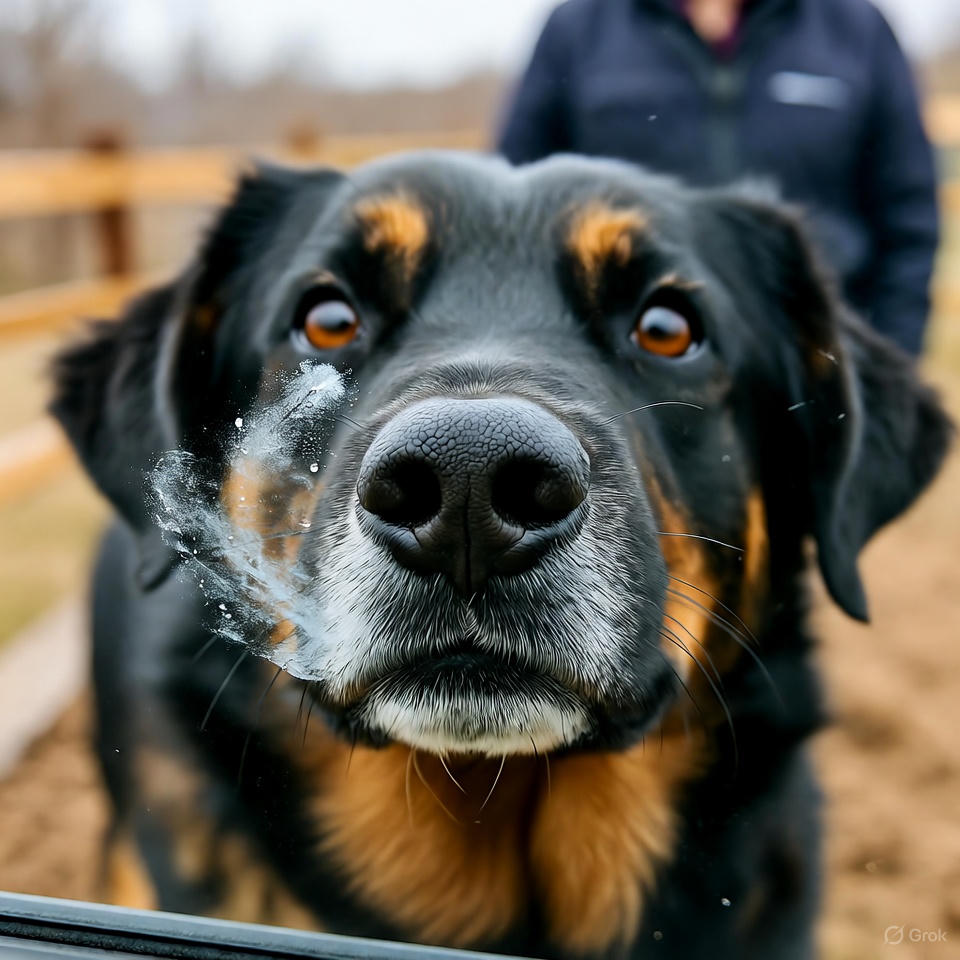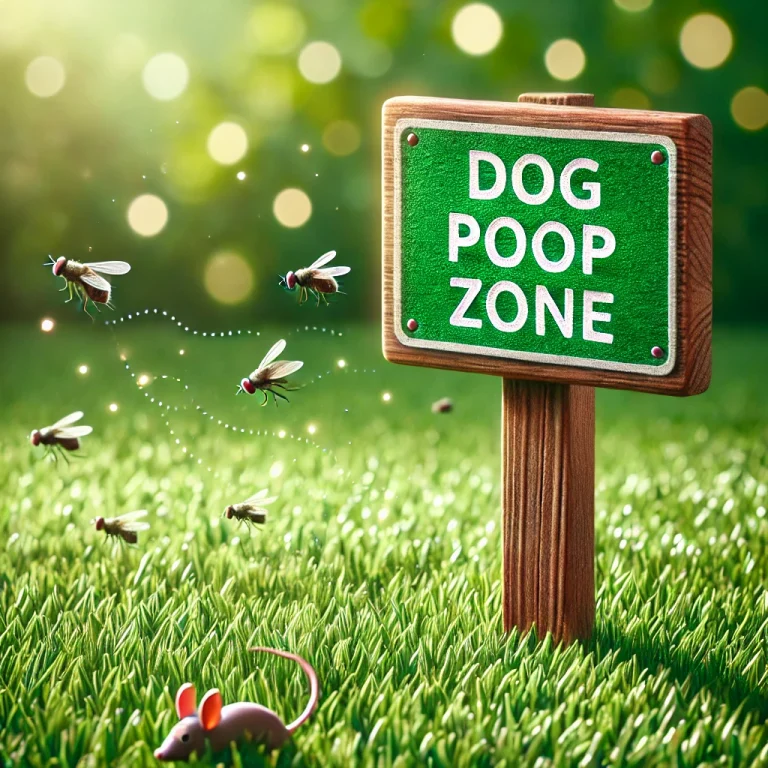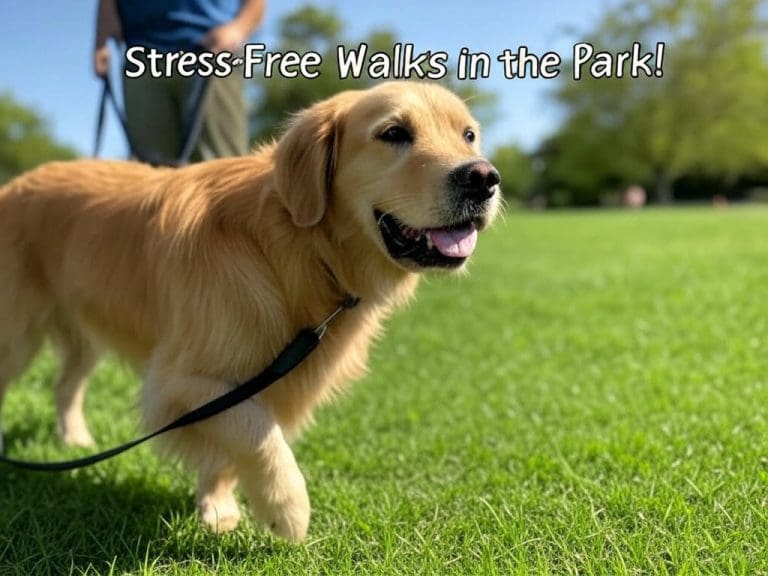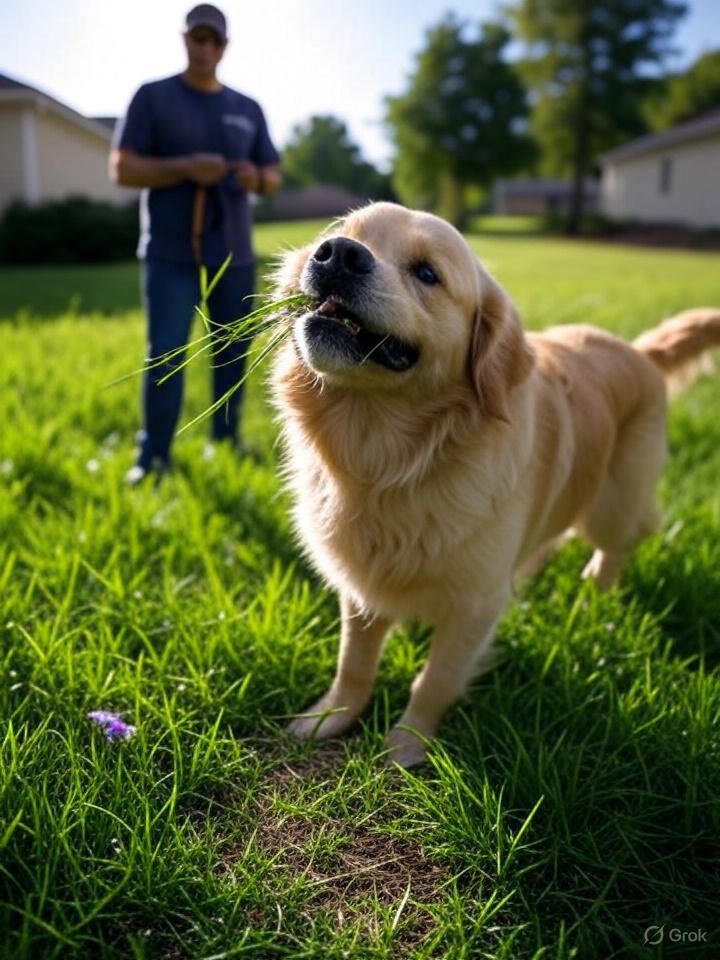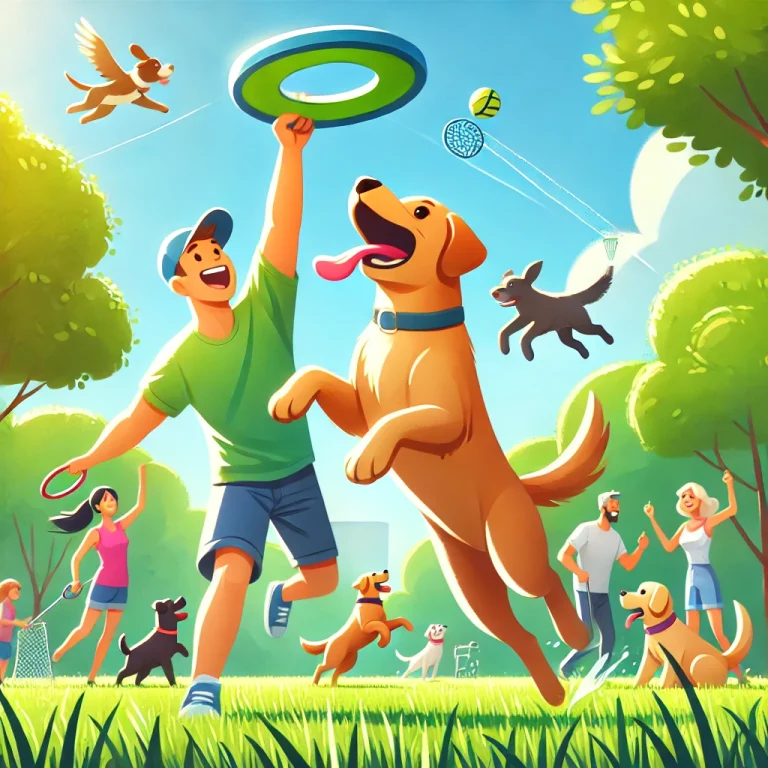Why Do Dogs Have Wet Noses? Unpacking the Science, Myths, and Health Insights
Hey there, fellow dog lovers! If you’re like me—running a top-tier dog training business here in Georgia at Off Leash K9 Training—you’ve probably stared at your pup’s shiny, wet nose and wondered, “What’s the deal with that?” As a professional dog trainer with years of hands-on experience turning chaotic canines into obedient companions, I’ve fielded this question more times than I can count during our board-and-train programs. A wet nose isn’t just cute; it’s a fascinating window into your dog’s biology and well-being.
In this detailed blog post, we’ll dive deep into why dogs have wet noses, backed by veterinary science, evolutionary biology, and practical tips from the field. Whether you’re searching for “dog wet nose reasons,” “is a wet dog nose normal,” or “dog nose health tips,” you’ve landed in the right spot. We’ll cover the science, debunk myths, explore health implications, and even tie it back to training—because at Off Leash K9 Training, Georgia, we believe understanding your dog’s body leads to better obedience and bonding.
Let’s sniff out the truth!
The Primary Reason: Moisture from Licking and Secretions
The most straightforward answer to why do dogs have wet noses is a combination of natural secretions and habitual licking. Dogs produce a thin layer of mucus from glands in their nasal passages. This mucus isn’t random—it’s a specialized fluid that traps scent particles from the air.
- Scent Detection Superpower: Dogs have up to 300 million olfactory receptors (compared to our measly 6 million). That wet mucus acts like a sticky trap, capturing odor molecules and dissolving them for the brain to analyze. According to the American Kennel Club (AKC), this is why a dry nose can temporarily reduce a dog’s sniffing prowess.
- Self-Moisturizing Habit: Ever catch your dog licking their nose? It’s not just for cleanup after a messy meal. Dogs instinctively lick to spread saliva, which evaporates and cools the nose while keeping it damp. This behavior is hardwired from their wolf ancestors, who needed peak scenting for survival.
At Off Leash K9 Training in Georgia, we see this in action during scent work sessions in our obedience training programs. A well-hydrated, nose-licking dog nails commands like “find it” faster—proving that a wet nose is a performance booster!
Evolutionary Advantages: Why Nature Designed It This Way
Digging into dog nose evolution, wet noses aren’t an accident. Canines evolved from pack-hunting predators, and that moisture gave them an edge:
- Thermoregulation: Dogs don’t sweat like humans. Their noses (and paw pads) help dissipate heat. The evaporation of moisture cools the blood vessels in the nose, regulating body temperature. A study in the Journal of Veterinary Behavior notes that breeds like Bloodhounds, with extra-slobbery noses, excel in hot climates.
- Enhanced Sensory Input: The Jacobson’s organ (vomeronasal organ) in the roof of a dog’s mouth connects to the nose. Wetness helps transfer pheromones and chemicals for “reading” the world—think detecting fear in prey or a potential mate from miles away.
Fun fact: Puppies are born with dry noses, but they start producing mucus within hours. By the time they’re in our puppy training classes at Off Leash K9 Georgia, that nose is reliably wet and ready for the world.
Common Myths About Dog Wet Noses Debunked
SEO searches often pull up outdated info, so let’s clear the air with evidence-based facts:
- Myth #1: A Wet Nose Always Means a Healthy Dog Wrong! While wet is normal, it’s not a foolproof health indicator. Vets from the Veterinary Centers of America (VCA) explain that nose moisture varies by breed, age, environment, and hydration. Brachycephalic breeds (like Pugs) often have drier noses due to anatomy.
- Myth #2: Dry Nose = Sick Dog Not necessarily. A temporarily dry nose can result from sleeping in a warm room, low humidity, or even allergies. If it’s cracked, crusted, or accompanied by lethargy, that’s when to worry (more on health red flags below).
- Myth #3: All Dogs Should Have Cold, Wet Noses Temperature fluctuates too. A nose can warm up after exercise or in summer heat. The key is consistency in your dog’s baseline.
As a trainer at Off Leash K9 Training, Georgia, I’ve rehabbed dogs with “dry nose syndrome” from poor diets—switching to high-quality food often restores that gleam.
Health Implications: When to Worry About Your Dog’s Nose
Understanding dog nose health is crucial for every pet parent. A healthy nose is typically cool and wet, but changes can signal issues:
| Nose Condition | Possible Causes | Action Steps |
|---|---|---|
| Consistently Wet & Runny | Allergies, infections (e.g., kennel cough), foreign objects | Vet check; monitor for sneezing or discharge |
| Dry & Cracked | Dehydration, sunburn (especially in pink-nosed dogs), autoimmune diseases like pemphigus | Hydrate, use dog-safe balm; see vet if persistent |
| Hot & Dry with Other Symptoms | Fever, illness (distemper, parvovirus) | Immediate vet visit—pair with temp check (normal: 101-102.5°F) |
| Colored Discharge | Yellow/green: Bacterial infection; Clear: Allergies/virus | Antibiotics or antihistamines may be needed |
Pro Tip from Off Leash K9 Georgia: During our 2-week board-and-train, we monitor noses daily. A sudden dry spell? We up water intake and check for stress—training anxiety can dehydrate pups!
Breed-Specific Variations in Nose Wetness
Not all dogs are created equal when it comes to noses:
- High-Wetness Breeds: Labrador Retrievers, German Shepherds—scent hounds with constant drip for tracking.
- Drier Tendencies: Bulldogs, Boxers—shorter snouts mean less mucus production.
- Georgia Climate Factor: In our humid Southern summers, noses stay wetter naturally. But AC-dried winters? Stock up on humidifiers.
This ties into customized training at Off Leash K9: Scent-focused breeds thrive in our e-collar programs with nose-work drills.
How to Keep Your Dog’s Nose Healthy: Practical Tips
- Hydration First: Always fresh water. Add wet food or bone broth for extra moisture.
- Nose Balms: Products like Snout Soother (natural ingredients) prevent cracking—safe for licking.
- Environmental Tweaks: Avoid direct sun; use dog sunscreen on light noses.
- Regular Vet Checkups: Annual exams catch issues early.
- Training Integration: At Off Leash K9 Training, Georgia, we incorporate health checks into obedience sessions. A happy, hydrated dog learns faster!
Conclusion: Embrace the Wet Nose Wonder
So, why do dogs have wet noses? It’s a brilliant mix of mucus secretions, licking habits, evolutionary smarts, and health signals. Far from a random trait, it’s your dog’s built-in superpower for smelling the world—and a clue to their wellness.
If your pup’s nose has you puzzled, or you’re ready to level up their obedience (wet nose or not!), contact us at Off Leash K9 Training, Georgia. Our proven programs guarantee off-leash reliability in just weeks. Visit offleashgeorgia.com or call today—let’s make your dog the best-behaved in the pack!

